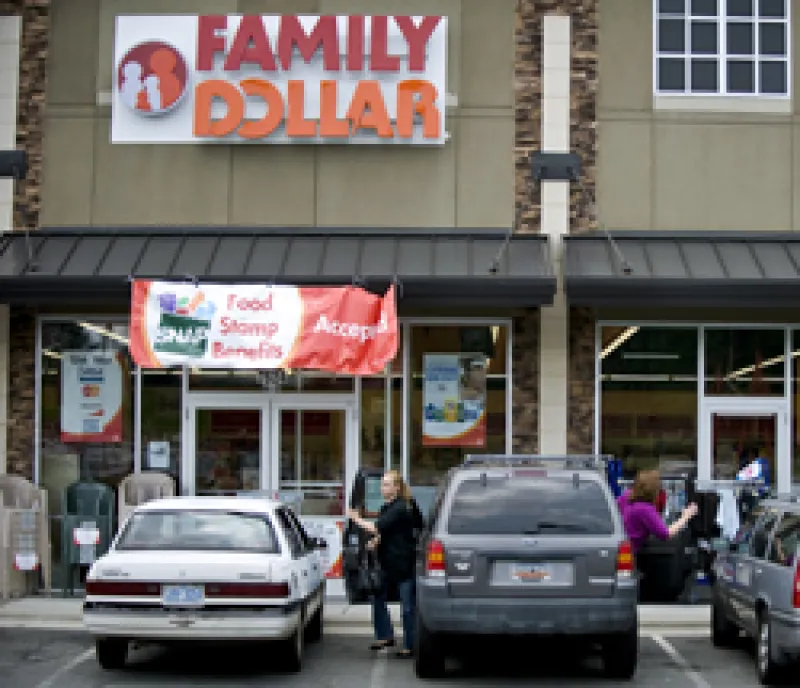It is probably safe to bet it has been years since Warren Buffett, Leon Black, Stephen Mandel Jr. and William Ackman have browsed the aisles of so-called dollar stores known for selling gray goods and nearly expired food — often in a cloud of dust.
Yet Black’s Apollo Global Management reportedly preparing a bid for 99 Cents Only Stores. The deal, reported by the New York Post on Monday, would top a going-private deal orchestrated by private equity firm Leonard Green & Partners.
This is not the only deep-discount chain attracting attention from some of the world’s wealthiest investors. Ackman’s Pershing Square Capital Management is by far the largest shareholder of Family Dollar Stores after lifting his stake in the second quarter. Trian Fund Management, headed by billionaire value sleuths Nelson Peltz and Peter May, is the third-largest holder.
Meanwhile, in the second quarter Mandel’s Lone Pine Capital took an initial 3.1 million-share stake in Dollar Tree, making him the retailer’s sixth-largest shareholder. Mandel, a retailing expert going back to his days at Tiger Management Corp, is followed closely by Eric Mindich’s Eton Park Capital Management and fellow Tiger cub John Griffin’s Blue Ridge Capital, which rank as the seventh- and eighth-largest shareholders, respectively.
Lone Pine is also the fourth-largest shareholder of Dollar General Corp, the discounter controlled by private equity giant Kohlberg Kravis Roberts & Co. since 2007. In the second quarter Buffett’s Berkshire Hathaway took an initial 1.5 million-share stake in the retailer.
What’s the appeal of these stores, which are mostly located in working-class neighborhoods far from where these savvy investors live, shop and play? Apparently, many consumers are turning to these spartan sellers of dusty, schlocky merchandise.
For example, in the most recent quarter, 99 Cents Only’s same-store sales surged 5.9 percent.
Family Dollar has generated nearly 15 percent annualized earnings growth over the past five years, during mostly very difficult economic times.
Dollar Tree has racked up double-digit year-over-year percentage revenue growth for the past five quarters.
Obviously, this billionaire crowd does not subscribe to the Peter Lynch theory that you should stocks in companies you use regularly and know well.







